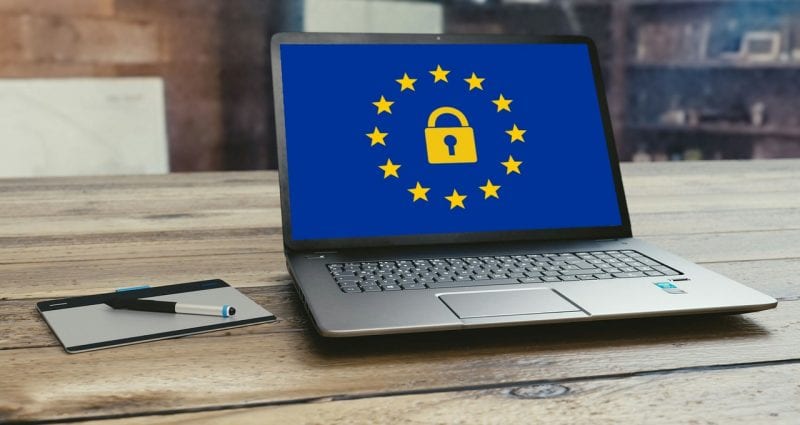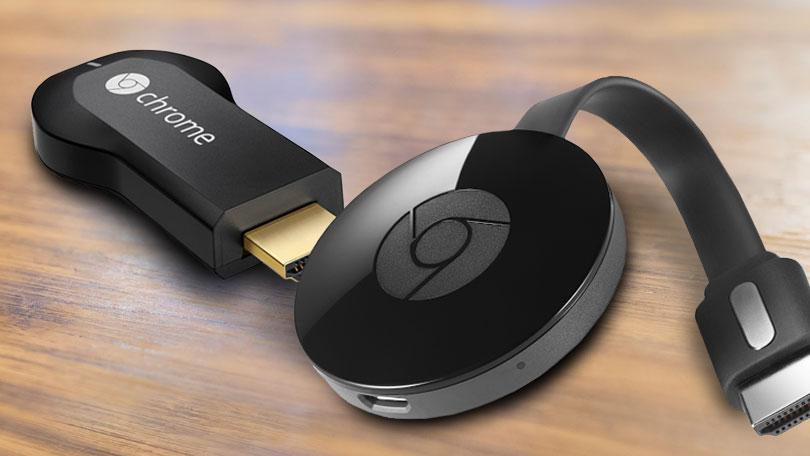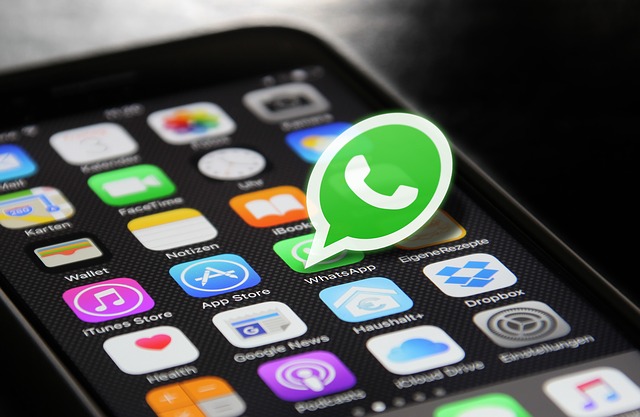The Year 2018: A Turning Point For Data Privacy
Even if you don’t know much about how the Internet works, you definitely know by now that what once goes on the Internet, stays there forever. For instance, if you delete your Facebook profile today, you may still find some of your pictures and posts surfacing on Google two years later. Your deleted Twitter account may still show up on a search several months later, while your old photos from a MySpace account might also be available even after several years of deletion.

Going Way Back
This is exactly how you can always find old news articles and pictures online, even if they are from 2006. What is once on the internet remains there forever. You can delete one source, but that same content may have archived in ten different places.
The more people learn how the Internet works and what the implications are, they more they want security. Unfortunately, security on the internet isn’t as easily available as it was twenty years ago.
These days, no matter what you do online, your every move is being tracked by your internet service provider, the government, and hackers.
You cannot trust anyone. This even includes Google, Microsoft, and Facebook all of which are playing havoc with your data, from hiding trackers in your browser to secretly selling off your information to third parties. Once your data makes it way to the internet, there is no escaping anymore.
Our Elders Were Right
The older generations have always been skeptical about the safety of data sharing over the internet.
Their apprehensions have turned out to be true to a great extent. It is the younger generations who aren’t ready to give up on the Internet just yet; they just want more tools and applications to protect their data online.
Not surprisingly, apps like Snapchat – where posts are automatically deleted after a certain time – are a huge hit with the younger crowd. Messages not being saved used to be a problem until very recently, but these days it is seen as a boon.
There is no doubt that 2018 will go down history as the year when consumers became more aware than ever about data protection, and some of their wishes also got fulfilled. With several data protection landmarks being realized, 2018 is the year when the tech world woke up and smelled the coffee.
The Year of Regulations and Revelations
The most significant data protection event in 2018 was the General Data Protection Regulation, passed by the European Union and enforced on the 25th of May.
Simply put, it states that any company dealing with user data in the European Union will have to disclose the data they collect, seek user consent before collecting or storing any data from users, give users the option to opt out of sharing data with the company, and face steep penalties if the regulations aren’t complied with.
The enforcement of the GDPR affects not only the EU but the whole world. Biggies like Facebook, Apple, Google, and Microsoft scrambled to modify their privacy policies, while the smaller companies that rely on data collection for business blocked EU users altogether.
The EU has always had data protection laws in place, but with the GDPR, the watchdogs have actual power to penalize non-compliant businesses. And the penalty is huge: four percent of the business’s annual revenue.
Coming on the heels of the GDPR was the AB375, another landmark data protection regulation, this time by the State of California.
Called the California Consumer Privacy Act of 2018, the regulation is similar to the GDPR, and requires every company dealing with consumer data to disclose what data they collect and seek consent before data collection.
Although there have been many protests against this regulation, it is supposed to take effect from 2020. Similar rules are also being passed by other states after the net neutrality act was revoked in 2017.
In another landmark event, Verizon, and AT&T not only pleaded guilty of selling customer data to third-party data brokers but also pledged to stop the practice. Both Verizon and AT&T have been found to sell customer data to government agencies for the last several years.
Facebook was found guilty of having 87 million user data leaked to political firm Cambridge Analytica, during the 2016 US presidential elections. Founder and CEO Mark Zuckerberg also had to testify before the Congress and explain why Facebook did not know about the data leak.
What This Means for Consumers
An increasing number of people are now aware of the security threats on the internet, including those in countries like China. It’s evident that people aren’t accepting such privacy breaches any more.
They want more freedom to access the Internet the way they want and also want more privacy for their data. If the year 2018 has been anything to go by, the coming years will see more such consumer-friendly laws and regulations coming into effect and safeguarding the best interests of netizens.



